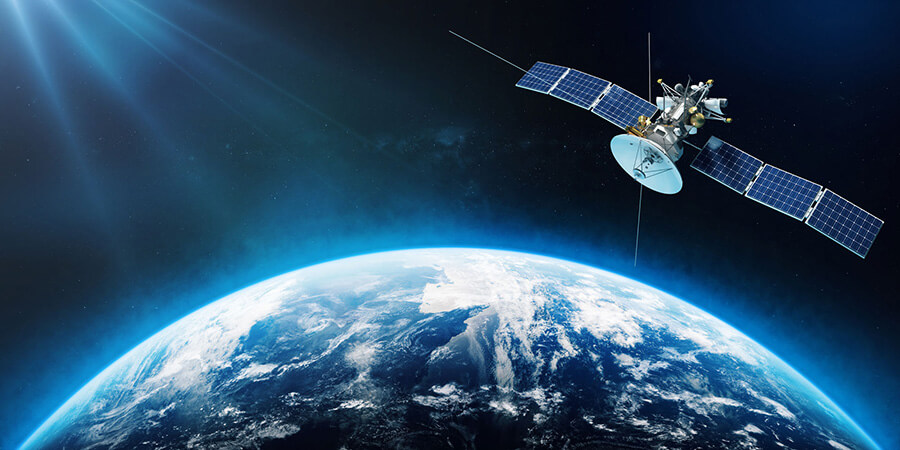Increasing incidents of interference with aviation, maritime, and other satellite telecommunications services have prompted states to urgently enhance the protection of a critical radiofrequency (RF) band, the International Civil Aviation Organization (ICAO), International Telecommunication Union (ITU), and International Maritime Organization (IMO) said with “grave concern" in a joint statement.
Also Read: Connections From Above: Harnessing Satellites for Connectivity and Transformation
These cases of harmful interference include jamming and spoofing, which disrupt global navigation satellite systems (GNSS) operating in the frequency bands allocated to the radio navigation satellite service (RNSS).
Global navigation satellite systems are constellations of Earth-orbiting satellites that provide positioning, navigation, and timing services worldwide. These services ensure the critical safety and efficiency of civilian aircraft, maritime vessels, and humanitarian assistance vehicles. They also facilitate the time synchronization of telecommunications networks.
Also Read: USD 3 Billion Acquisition to Create a Stronger Multi-Orbit Satellite Operator
"Global navigation satellite systems are critical to our safety on land, at sea, and in the air," said ITU Secretary-General, Doreen Bogdan-Martin. “Member States should ensure the uninterrupted operation of these systems for everyone's safety and the resilience of essential services that our lives depend on."
The joint statement cosigned by the three United Nations (UN) agencies requests that Member States:
- Protect the RNSS from transmissions that can adversely interfere, causing harmful degrading, interrupting, or misleading signals used for civilian and humanitarian purposes.
- Reinforce the resilience of the systems which rely on RNSS for navigation, positioning, and timing in relation to this type of interference.
- Retain a sufficient conventional navigation infrastructure for contingency support in case of RNSS outages and misleading signals and develop mitigation techniques for loss of services.
- Increase collaboration between radio regulatory, civil aviation, maritime, defense, and enforcement authorities.
- Report cases of harmful interference affecting RNSS to the appropriate telecommunication, aeronautical, and maritime authorities, and to the ITU Radiocommunications Bureau, to monitor the situation.
“Protecting radiocommunications systems from harmful interference is at the core of ITU's mandate," said Mario Maniewicz, Director of the ITU Radiocommunication Bureau. “We call on our members to make responsible use of the radiofrequency spectrum, which is a precious, natural, and shared resource we rely on for communicating, travelling, and working in our daily lives."
Continue Reading:
Bahrain Made: The First AI-Advanced Nanosatellite in the Middle East
